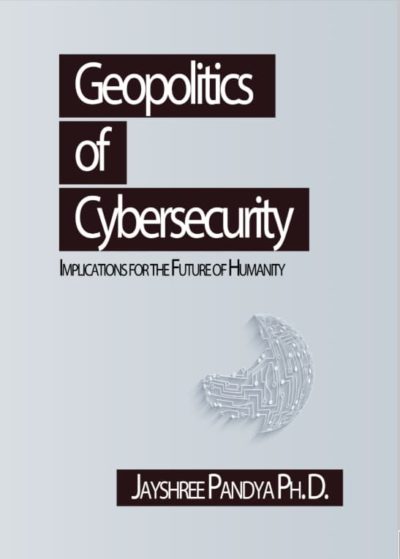Nations stand on the precipice of a technological tidal wave in cyberspace that is fundamentally altering aquaspace, geospace, and space (CAGS). In its size, scale, strength, and scope, the technology-triggered transformation that is emerging from cyberspace is unlike anything ever experienced before in prior industrial revolutions. The speed of the current ideas, innovations, and breakthroughs emerging from cyberspace has no known historical precedent and is fundamentally disrupting almost every component of a nation. While there is no easy way to compute how the on-going cyberspace-triggered transformation will unfold, one thing is clear: the response to its security must be collective.
As cyberspace fundamentally alters aquaspace, geospace, and space, there is a need to understand the security-centric evolutionary changes facing the human ecosystem. What is the knowledge revolution? Should we be concerned about the dual-use nature of digital technologies, the do-it-yourself movement, and the democratization of destruction? What are the implications of fake news and information warfare on global politics? Are we being surveilled? Is access to cyberspace a human right? Will we soon see digital walls? How will nations stay competitive? How do we govern cyberspace?
Geopolitics of Cybersecurity works to answer these questions, amidst a backdrop of increasing global competition, mistrust, disorder, and conflict. Conversations about cyberspace and technology are now inextricably linked to broader conversations affecting each one of us across nations, from trade policy and digital autonomy to cyber warfare and the weaponization of artificial intelligence. Ultimately, how nations handle these issues and conflicts will determine the fate of both cyberspace and humanity.

